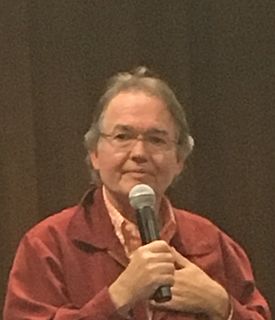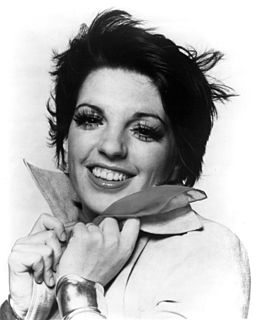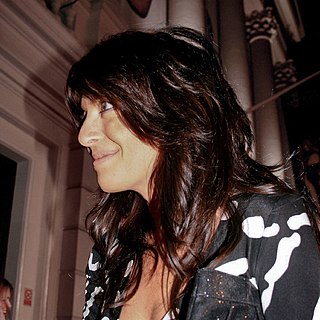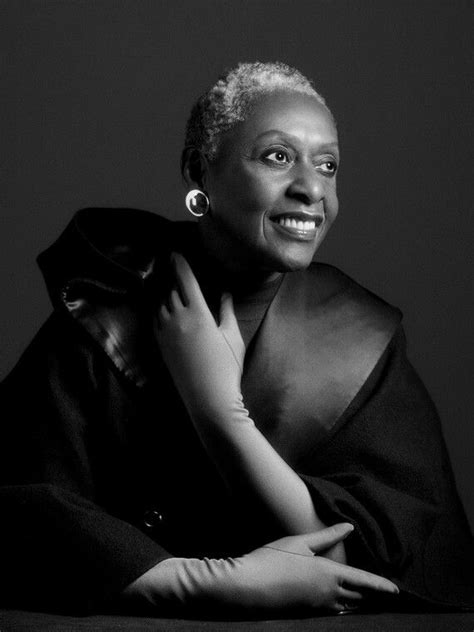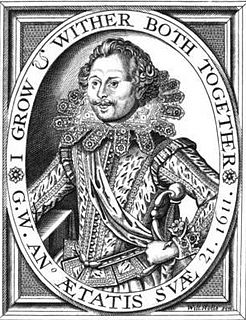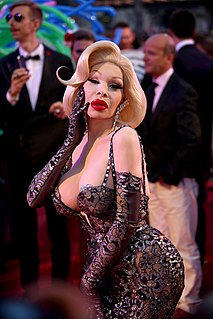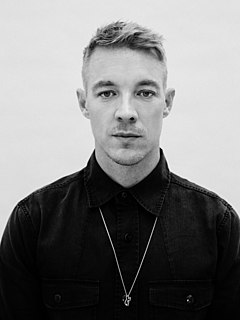A Quote by John Gray
always thought of myself as a loving person. But she was right. I had been a fair-weather friend. As long as she was happy and nice, I loved back. But if she was unhappy or upset, I would feel blamed and then argue or distance myself
Related Quotes
She (Judy Garland) was a friend of mine, a trying friend, but a friend. That is what I tell myself: She did everything she ever wanted to do. She never really denied herself anything for me. See, I say, she had a wonderful life; she did what she wanted to do. And I have no right to change her fulfillment into my misery. I'm on my own broom now.
...fact was she knew more about them than she knew about herself, having never had the map to discover what she was like. Could she sing? (Was it nice to hear when she did?) Was she pretty? Was she a good friend? Could she have been a loving mother? A faithful wife? Have I got a sister and does she favor me? If my mother knew me would she like me? (140)
I was the first person that had been so kind to Iman Abdulmajid. As time went on, and she became successful, signed with an agency, when she had to make big decisions, she wouldn't always talk to an agent, she'd ask me. I'd give her good advice and she'd be on her way. When I had ideas to do things like the Black Girls Coalition, I would always talk to her, she always loved my ideas. She trusts me.
So she had to satisfy herself with the idea of love - loving the loving of things whose existence she didn't care at all about. Love itself became the object of her love. She loved herself in love, she loved loving love, as love loves loving, and was able, in that way, to reconcile herself with a world that fell so short of what she would have hoped for. It was not the world that was the great and saving lie, but her willingness to make it beautiful and fair, to live a once-removed life, in a world once-removed from the one in which everyone else seemed to exist.
As a child, Kate hat once asked her mother how she would know she was in love. Her mother had said she would know she was in love when she would be willing to give up chocolate forever to be with that person for even an hour. Kate, a dedicated and hopeless chocoholic, had decided right then that she would never fall in love. She had been sure that no male was worth such privation.
For me, glamour was always an escape. When I was a kid, my mother was hospitalized, she was schizophrenic. When she was sick, she wouldn't do her hair or her makeup, and she just looked terrible. But when she got on medication and she was happy, she would go to the beauty parlor and wear makeup. So I really associate glamour with being happy. If you put on high heels and lipstick or get a new outfit, you feel great. It's a celebration of loving yourself, and the whole ritual of it is so great.
When I worked with M.I.A., who was, like, the coolest person back then, she was just a girl I met on the Internet. Or even when I met Azealia Banks on Myspace, I never thought, 'Oh, she's cool.' I just loved what she was doing. So I've always been like that. And I think, as a producer, that's what you've gotta do.
Back and forth she went each morning by the river, spring arriving once again; foolish, foolish spring, breaking open its tiny buds, and what she couldn’t stand was how—for many years, really—she had been made happy by such a thing. She had not thought she would ever become immune to the beauty of the physical world, but there you were. The river sparkled with the sun that rose, enough that she needed her sunglasses.
She was the epic crush of my childhood. She was the tragedy that made me look inside myself and see my corrupt heart. She was my sin and my salvation, come back from the grave to change me forever. Again. Back then, when she sat on my bed and told me she loved me, I wanted her as much as I have ever wanted anything.
This was something she would keep hidden within herself, maybe in place of the knot of pain and anger she had been carrying under her breastbone...a security blanket, an ace up her sleeve. She might never use it, but she would always feel its presence like a swelling secret stone, and that way when she let go of the rage, she would not feel nearly as empty.
Yet losing him seemed unbearable. He was the one she loved, the one she would always love, and as he leaned in to kiss her, she gave herself over to him. While he held her close, she ran her hands over his shoulders and back, feeling the strength in his arms. She knew he’d wanted more in their relationship than she’d been willing to offer, but here and now, she suddenly knew she had no other choice. There was only this moment, and it was theirs.
I've always thought - and I don't even know if I'd be right for the part - that Jean Seberg would make a great biopic. She was in Jean-Luc Godard's 'Breathless,' she played Joan of Arc. She had this eventful and traumatic adulthood, she thought the FBI was after her, and she became a darling of the French New Wave.
